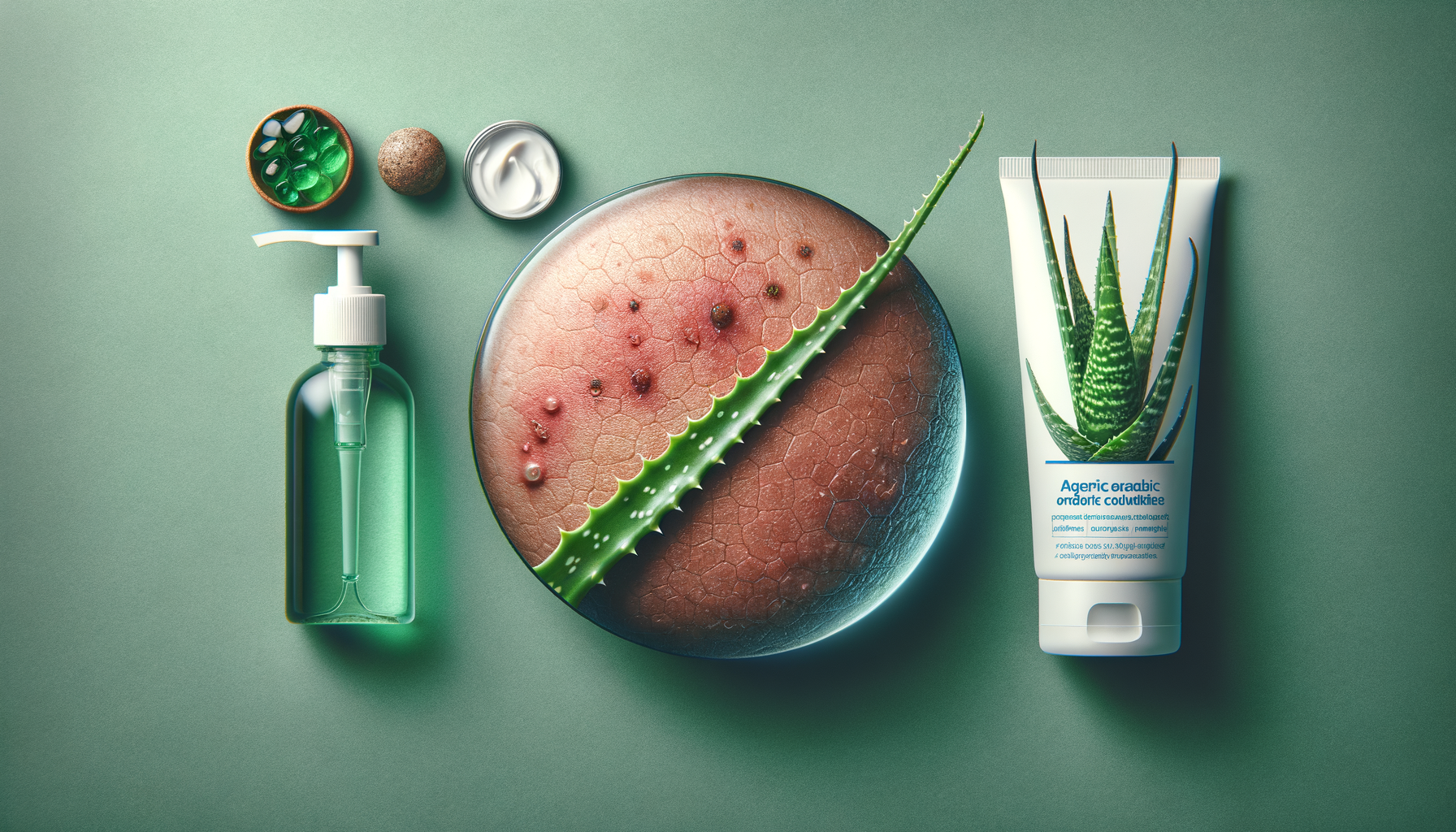Understanding Dermatitis: A Common Skin Condition
Dermatitis is a general term that describes inflammation of the skin. It’s a condition that affects millions of people worldwide, presenting as red, itchy, and sometimes swollen skin. While it’s not life-threatening, dermatitis can be uncomfortable and affect the quality of life. Understanding its various forms, such as atopic dermatitis, contact dermatitis, and seborrheic dermatitis, is crucial in managing the condition effectively. Each type has distinct triggers and symptoms, making it essential to identify the specific form you are dealing with.
Atopic dermatitis, often referred to as eczema, is prevalent among children but can persist into adulthood. It is characterized by dry, itchy patches that can become thickened over time. Contact dermatitis occurs when the skin reacts to a particular substance, leading to inflammation. This type can be further divided into allergic contact dermatitis and irritant contact dermatitis. Seborrheic dermatitis, on the other hand, typically affects oily areas of the body like the scalp, resulting in dandruff or scaly patches.
Recognizing the symptoms and understanding the triggers is the first step in managing dermatitis. For some, it might be as simple as avoiding certain soaps or detergents, while others may need to manage stress levels or dietary habits. By identifying the type and cause, individuals can better tailor their approach to treatment and management.
Affordable Home Remedies for Dermatitis Relief
For those dealing with dermatitis, finding cost-effective solutions can be a priority. Fortunately, several home remedies can provide relief without breaking the bank. These remedies focus on soothing the skin, reducing inflammation, and preventing flare-ups. One of the simplest and most effective treatments is the use of moisturizers. Regularly applying a fragrance-free moisturizer can help maintain the skin’s barrier and prevent dryness.
Oatmeal baths are another accessible option. Oats have anti-inflammatory properties that can soothe irritated skin. Simply adding a cup of colloidal oatmeal to a warm bath can provide immediate relief from itching and redness. Aloe vera, known for its soothing properties, can also be applied directly to the affected areas to reduce discomfort.
In addition to topical treatments, dietary changes can play a significant role in managing dermatitis. Foods rich in omega-3 fatty acids, such as fish and flaxseeds, have anti-inflammatory effects that can benefit the skin. Avoiding known dietary triggers like dairy or gluten can also help some individuals manage their symptoms more effectively.
Over-the-Counter Options: Accessible Treatments
For those seeking over-the-counter (OTC) treatments, there are several options that can help manage dermatitis symptoms effectively. Hydrocortisone creams are widely available and can reduce inflammation and itching. These creams are typically used for short-term relief and should be applied as directed to avoid potential side effects.
Antihistamines can also be beneficial, particularly for those experiencing severe itching. These medications help by blocking histamine, a substance in the body that causes allergic symptoms. It’s important to choose non-drowsy formulas if you need to remain alert during the day.
For individuals with seborrheic dermatitis, OTC dandruff shampoos containing ingredients like zinc pyrithione, selenium sulfide, or ketoconazole can be effective. These shampoos help reduce the yeast that contributes to the condition, providing relief from flaking and itching.
While OTC treatments can be helpful, it’s crucial to follow the instructions carefully and consult with a healthcare professional if symptoms persist or worsen. They can provide guidance on the appropriate use of these products and suggest alternatives if needed.
When to Seek Professional Help
While many cases of dermatitis can be managed with home remedies and OTC treatments, there are times when professional medical advice is necessary. If you experience severe symptoms, such as extensive skin coverage, intense itching, or signs of infection like pus or fever, it’s essential to consult a dermatologist. They can provide a more accurate diagnosis and recommend prescription treatments if needed.
Prescription treatments may include stronger topical steroids, oral medications, or even light therapy for more persistent cases. Dermatologists can also conduct patch testing to identify specific allergens if contact dermatitis is suspected. This can help tailor the treatment plan to avoid future reactions.
Additionally, individuals who find that their symptoms significantly impact their daily lives should seek professional help. A healthcare provider can offer strategies to manage stress and suggest lifestyle changes that may alleviate symptoms. Early intervention can prevent the condition from worsening and lead to better long-term management.
Preventive Measures: Keeping Dermatitis at Bay
Prevention is a crucial aspect of managing dermatitis. By adopting certain habits and making lifestyle changes, individuals can reduce the frequency and severity of flare-ups. One of the most effective preventive measures is maintaining a consistent skincare routine. This includes using gentle, fragrance-free products and moisturizing regularly to keep the skin hydrated.
Identifying and avoiding triggers is another key strategy. For those with contact dermatitis, this might mean wearing gloves when handling potential irritants or switching to hypoallergenic products. Individuals with atopic dermatitis should be mindful of allergens in their environment, such as dust mites or pet dander, and take steps to minimize exposure.
Stress management is also important, as stress can exacerbate symptoms. Techniques such as meditation, yoga, or regular exercise can help maintain emotional well-being and reduce the likelihood of flare-ups. Additionally, maintaining a balanced diet and staying hydrated supports overall skin health.
By implementing these preventive measures, individuals can enjoy clearer skin and a better quality of life. While dermatitis can be a persistent condition, proactive management can make a significant difference.




Leave a Reply